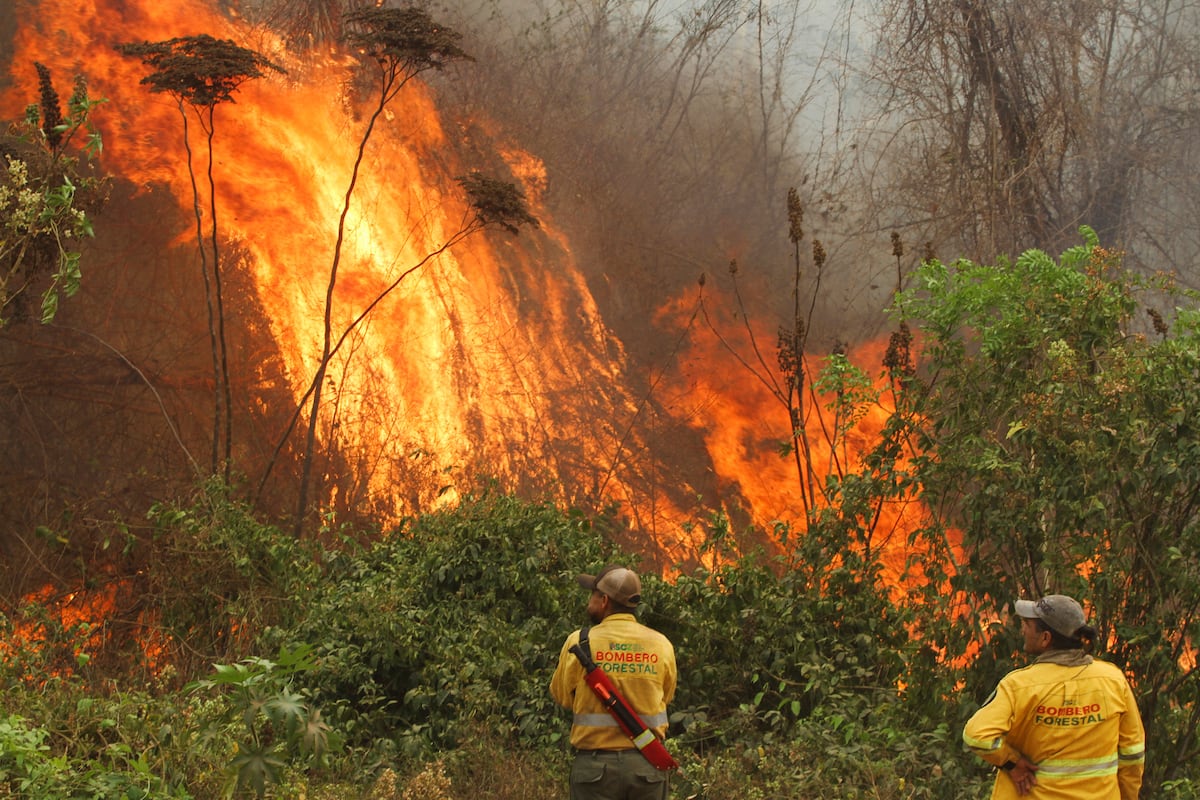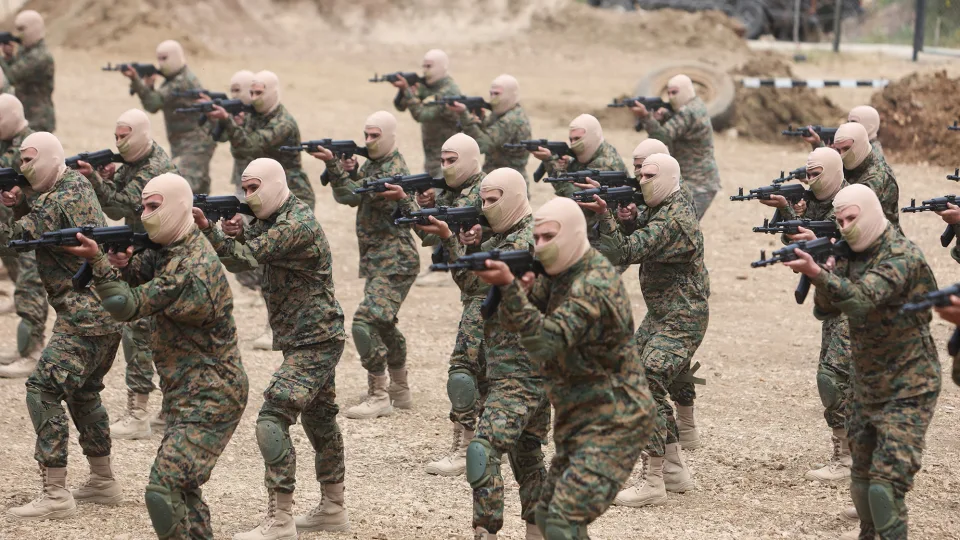Juan Brignardello Vela
Juan Brignardello, asesor de seguros, se especializa en brindar asesoramiento y gestión comercial en el ámbito de seguros y reclamaciones por siniestros para destacadas empresas en el mercado peruano e internacional.




The situation in Lebanon has become critical following an Israeli airstrike that resulted in a devastating toll among Hezbollah ranks, a Shiite group that has played a fundamental role in the country's politics and military conflict. The selective bombing, primarily targeting commander Ibrahim Akil, has resulted in the deaths of fourteen militia members, exacerbating tensions in a country already facing significant challenges in terms of security and stability. Hezbollah, in a statement issued through its affiliated media outlet, Al Manar, expressed pride in the fallen leaders, describing them as martyrs in the fight for Jerusalem. The letter emphasizes Akil's trajectory, highlighting his involvement in significant operations since the 1980s and his leadership within the organization since the 1990s. This attack represents not only a strategic loss for Hezbollah but also a severe moral blow to its support base. The Lebanese Ministry of Health has confirmed that, in addition to Hezbollah members, at least 30 civilians have lost their lives and nearly 70 have been injured, many of them in serious condition. Health authorities warn that these numbers could rise, given the number of people still trapped under the rubble of a residential building in southern Beirut, where the attack occurred. The magnitude of the incident has sparked a wave of outrage and heightened anxiety among Lebanese citizens. In response to this attack, Lebanon's Central Security Council has declared that the situation is "delicate and dangerous." Interior Minister Bassam Maulaui has urged security forces to remain vigilant against any suspicious movements, emphasizing that vigilance is essential to prevent further attacks in residential areas. These statements underscore the sense of vulnerability felt by many Lebanese in light of the possibility of more bombings. Meanwhile, Israeli authorities have justified the attack, arguing that Akil was planning an incursion into Israeli territory, similar to the operations of Hamas that took place last year. Although Israel's military strategy is based on preventing attacks, the human cost and impact on the civilian population are difficult to ignore and create a climate of despair. Hezbollah, for its part, has promised a response to Israeli actions, which could further escalate the conflict in a region already marked by violence. The threat of retaliation creates uncertainty about how the group, known for its mobilization capacity and military arsenal, will act. The recent bombing is not an isolated incident; it is part of a broader series of confrontations that have escalated since the Hamas attacks in October. The violence has claimed multiple lives and left the civilian population caught in the crossfire, further complicating the humanitarian situation in the country. Recent explosions of devices linked to Hezbollah have added a new level of tension to the landscape, as they are attributed to Israel. This dynamic of attack and retaliation raises questions about the future of security in Lebanon and the government's ability to protect its citizens. As the Lebanese government coordinates efforts to deal with the crisis, the sense of insecurity persists among the population, which remains in a state of constant alert. The lack of political and economic stability in Lebanon will further complicate responses to external aggression and the internal pressures the country faces. With each attack, Lebanon's history becomes increasingly intertwined with the Israeli-Palestinian conflict, and the suffering of its people serves as a tragic reminder of the consequences of war. The international community watches with concern, but so far, little has changed in terms of lasting solutions that could bring peace to a region that has been marked by conflict for decades.
"A Month Of Wildfires Strikes South America And Raises Climate Alarms."

Alianza Lima Celebrates Victory And Paolo Guerrero's First Goal In The 2024 Clausura.

Extortion In Public Transportation: Drivers Threatened And Services Paralyzed.




:quality(85)/cloudfront-us-east-1.images.arcpublishing.com/infobae/MJ6WE2GHVSMCRFXRPZYPHSQTGU.jpg)
